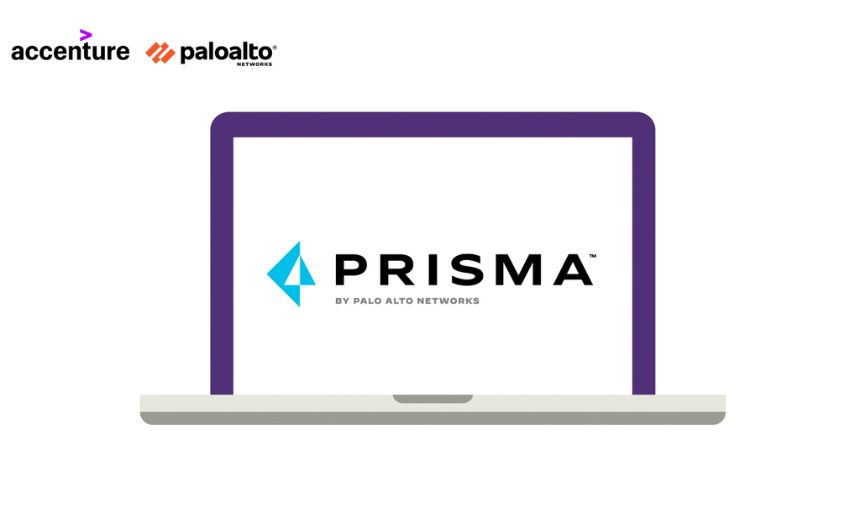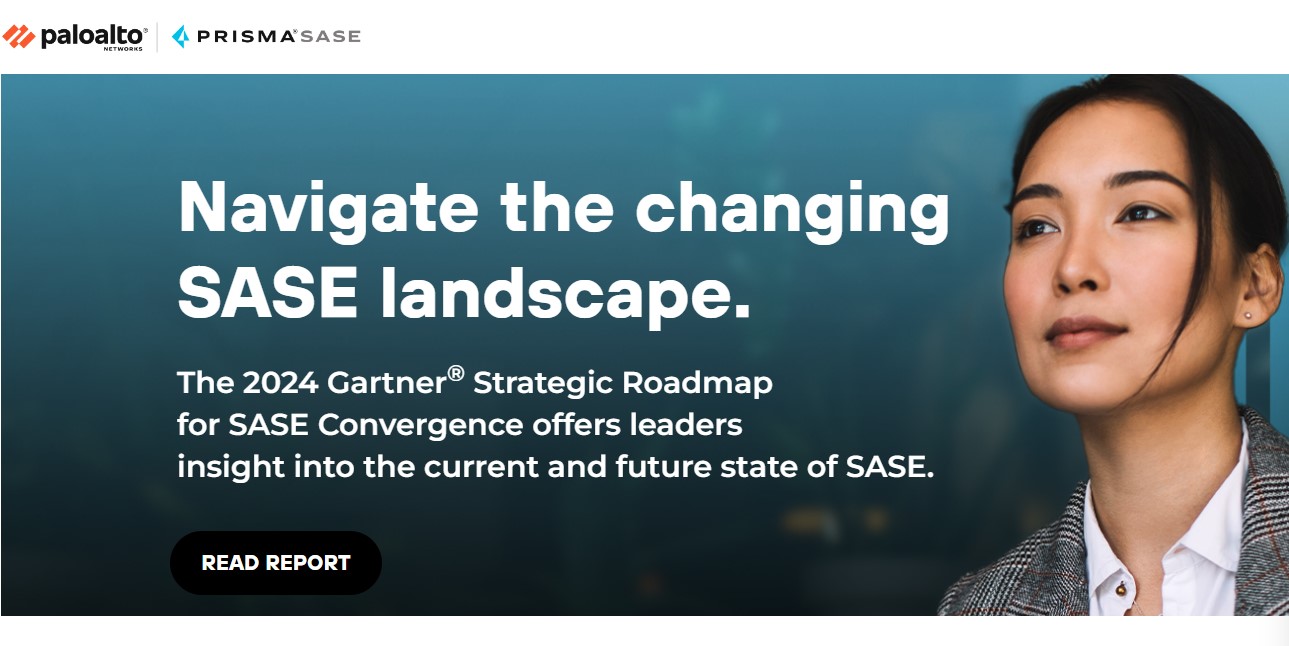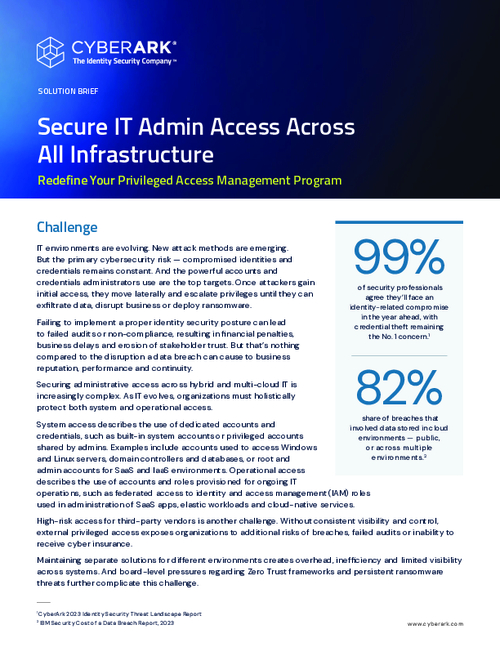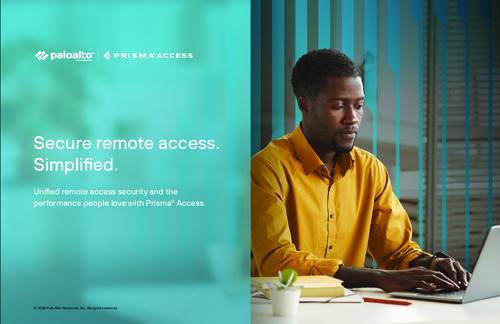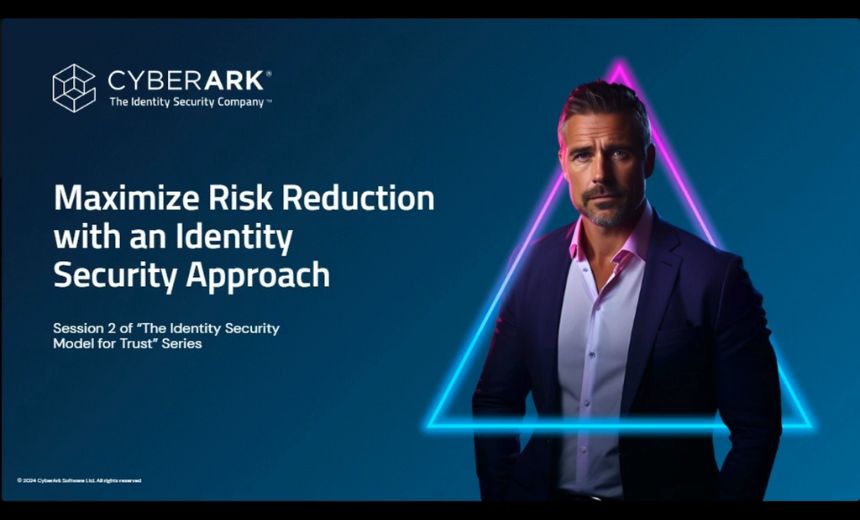Americans Less Jittery About Net Security
Survey Reveals Identity Theft, Card Fraud AnxietiesThe comments from the Unisys Global Security Solutions vice president and partner came as the IT services firm released its Unisys Security Index for the first half of 2012, which shows a one-year, 33 point drop to 131, the biggest decline since the IT services firm began tracking the public's attitude toward security in the second half of 2007. Indeed, at 131, the index is at its lowest point in its 4½-year history.
(Unisys deems an index level of between 50 and 100 as not very concerned; between 100 and 175, moderately concerned; and over 175 as seriously concerned. In 2011, Unisys conducted only one survey for its security index.)
News reports in spring 2011 focused on breaches at Sony's PlayStation Network and Qriocity online service and security provider RSA as well as the unrest in the Middle East known as the Arab Spring, elevating the security anxieties of Americans and the index last spring to 164, Vinsik says in an interview with Information Security Media Group.
Media reports on cyber incidents over the past several months have not been as incendiary. "We're seeing that some of those activities haven't been as highly publicized, and to some extent, we're becoming a little bit immune around the cyberattacks that are occurring," he says. "I don't think the repercussions (from recent attacks) are as clear and evident to consumers and to citizens. For example, with mobile security, if they don't use a strong password, they don't really relate that to having their data compromised."
Why Should IT Security Managers Care?
But respondents say they're willing to use complex passwords. And understanding consumers' attitudes - and by extension, the mindset of employees - organizations can shape their IT security policies and procedures more effectively. For instance, 55 percent of survey respondents say they prefer complex passwords when accessing systems remotely from laptops or mobile devices vs. 32 percent for simple passwords; 31 percent, USB device; 28 percent, fingerprint; 19 percent, voice recognition; and 18 percent, photo/face scan. Vinsik says organizations can use these data points to create bring-your-own-device programs that can get employee acceptance.
In the new report, published May 9, respondents express more concern about their financial, national and personal security than they did about Internet security. "Consumers are looking for the organizations they interact with to do more with security, and they're looking to go to organizations that would provide a higher level assurance for the transaction they want to transact online," says Vinsik, vice president and partner at Unisys Global Services. "They're seeing that some companies are starting to do that with the onetime passwords, other types of strong authentication, and seeing that, they get a more comfort level in conducting those transactions."
The respondents' top three concerns are identity theft, bankcard fraud and national security in relation to war or terrorism.
Fifty-nine percent of respondents say they're serious concerned about identity theft, though Vinsik says they're not necessarily fearful of having their identities compromised online. "It's more to the traditional kind of identity theft that occurs, and it impacts their personal security," Vinsik says. "Even though we've seen examples of large credit-card processing firms that have had compromise of personal information - millions of records of consumer information out there - the impact of that really hasn't been seen from an Internet security perspective."
Cybersecurity as a Presidential Issue
Seventy-four percent of the respondents say protecting government computer systems against hackers and criminals should be a priority of presidential candidates; 73 percent felt the same about protecting the nation's electric power grid, water utilities and transportation systems against computer or terrorist attacks.
Among other survey findings, respondents say they're seriously concerned about:
- Other people obtaining and using their credit or debit card details, 56 percent.
- Security of online banking and shopping, 39 percent.
- Viruses and spam, 39 percent.
- Serious health epidemic occurring in the United States, 37 percent.
- Ability to meet essential financial obligations, such as their mortgage, other loans, credit card and/or bill payments, 36 percent.
- Own personal safety, 28 percent .
Vinsik explains that contrasting virtual and physical security threats gives Unisys a better understand about how overall security can have an impact on its business customers and their consumers as they develop and refine its portfolio of security products and services.
Vinsik is responsible for the enterprise security portfolio for Unisys globally; which includes solution engineering, marketing strategy, delivery and relationship management for technology and services partners. Over the past 17years, Vinsik has led field operations teams that conduct research and development, application development and systems integration for information security programs that span biometric and surveillance technology integration, command and control applications, secure cloud solutions, security architecture, physical and cybersecurity and information systems domains.




